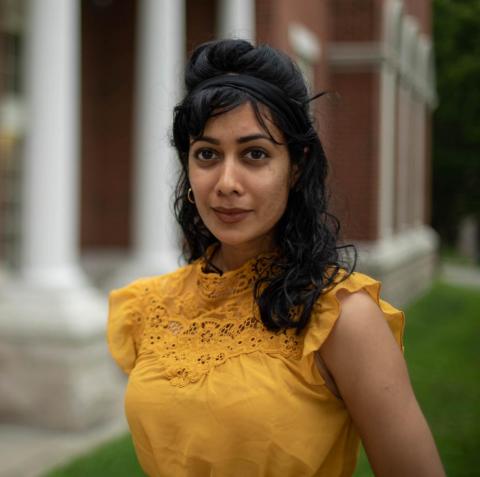Senanayake, N. (2022) “We are the living dead” or, the precarious stabilization of liminal life in the presence of CKDu. Antipode, 1-18.
Senanayake, N. (2022) “Towards a feminist political ecology of health: Mystery kidney disease and the co-production of social, environmental, and bodily difference.” Environment and Planning E, 1-20.
Senanayake, N. (2021) "Theorising liminal states of health: A spatio-temporal analysis of undiagnosis and anticipatory diagnosis in the shadow of toxic pollution." Transactions of the Institute of British Geographers, 47 (2) 363-377.
Senanayake, N. (2021) “‘We spray so we can live:’ Agrochemical kinship and struggles for health in dry zone Sri Lanka.” Annals of the American Association of Geographers, 112(4), 1047-1064.
Senanayake, N. and B. King (2021) “Geographies of Uncertainty” Geoforum 123 (July): 129-135 (published online August 2020).
Senanayake, N. (2021). Searching for CKDu: Mystery kidney disease, differentiated (in) visibility, and contingent geographies of care in dry zone Sri Lanka. Geoforum 123 (July); 173-83
Senanayake, N. (2020). Tasting toxicity: bodies, perplexity, and the fraught witnessing of environmental risk in Sri Lanka’s dry zone. Gender, Place & Culture, 27 (11):1555-1579
Senanayake, N. & King, B. (2019). Health-environment futures: Complexity, uncertainty, and bodies. Progress in Human Geography, 43(4): 711-728.

